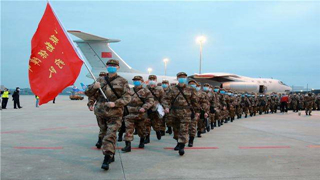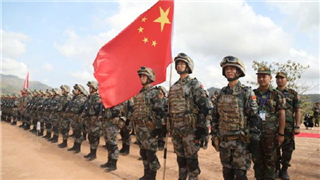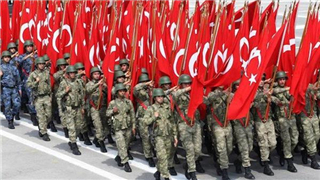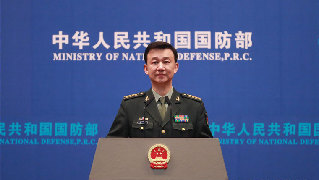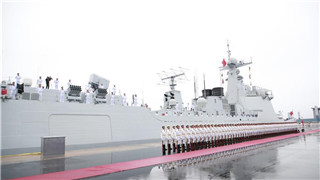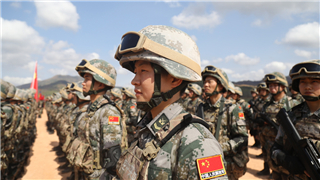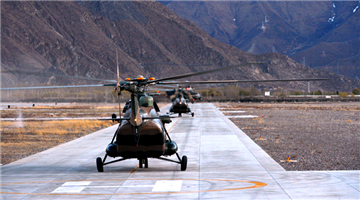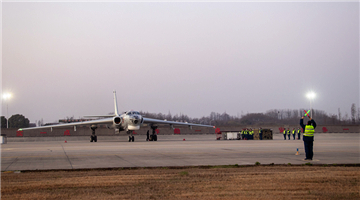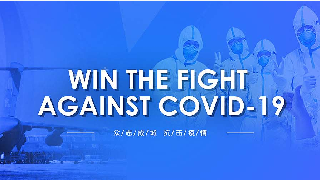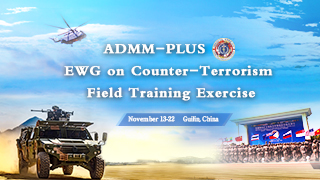UNITED NATIONS -- The planned drawdown of the United Nations-African Union peacekeeping mission in Sudan's Darfur region will be delayed by months due to COVID-19, said a senior UN official on Friday.
The current plan, circulated to Security Council members on March 12, has become unrealistic in the context of the pandemic, UN Undersecretary-General for Peacekeeping Operations Jean-Pierre Lacroix told the council.
The restrictions of movement in place due to COVID-19, the UN decision to suspend all peacekeeping rotations until June 30, coupled with the onset of the rainy season in June, have rendered an effective exit of the mission by Oct. 31 impractical, he said.
In Resolution 2495, the Security Council set March 31 as the date by which it should decide the courses of action regarding the drawdown and exit of the mission, which is officially known as the United Nations-African Union Hybrid Operation in Darfur (UNAMID), and adopt a new resolution establishing a follow-on presence.
However, due to the delay of a special report it requested from the African Union and the UN secretary-general, the Security Council had to postpone these decisions by two months and decided to maintain the mission's troop and police ceilings and its team sites.
In his briefing, Lacroix explained that the measures in effect in Sudan and elsewhere to combat COVID-19 will affect the mission's capacity to conduct a smooth and safe process.
Travel restrictions, mandatory quarantine and limited shipping options have already started impacting the mission, making it increasingly difficult to conduct even basic logistical operations. While all operational units could cease operations gradually before Oct. 31, the end of the mission's current mandate, to ensure the timely closure of the team sites, it will be necessary to extend the drawdown period for several months beyond the date, he said.
Further, the rainy season, lasting from June to October, renders large areas inaccessible, particularly for the types of heavy transportation equipment required to move the troops and their equipment.
In view of the infrastructure limitations, the number of personnel, as well as the nature and volume of assets to repatriate or transfer, the drawdown period will need to be extended into the dry season to allow for unimpeded, safe and continuous movements among UNAMID camps as well as between Darfur and Port Sudan, he said.
The requirements for a responsible drawdown, combined with the need to preserve operational efficiency and cost-effectiveness, will require close coordination between the drawdown of UNAMID and the establishment of a follow-on presence, he said.
The structure, mandate and establishment timeline of the new presence will significantly impact the sequencing and overall timeline of UNAMID's drawdown, said Lacroix.
The drawdown process must be carefully managed, considering the enduring threats to civilians in several areas of Darfur and the level of anxiety among the most vulnerable populations over UNAMID's exit, he said.
The mission's drawdown should not signal that there are no more concerns related to the protection of civilians in Darfur. Conflict drivers endure; some of the largest camps for internally displaced persons remain extremely volatile; sexual and gender-based violence risks remain acute and so do grave violations against children, said Lacroix.
It is critical that the departure of UNAMID be accompanied by alternative local and national efforts to build trust with the local populations and the internally displaced persons, said Lacroix, encouraging the Sudanese authorities to invest in these efforts immediately. It is also critical to make progress on the Darfur track of the peace process and for the population of Darfur to see peace dividends, he said.
"Our objective is to achieve a smooth transition to a future UN mission that can help the UN better support the Sudanese people," he said.
The western Sudanese region of Darfur has been plagued by a war between Sudanese government forces and the indigenous population since 2003. UNAMID was approved by the Security Council in July 2007 to help maintain and mediate peace in the restive region.
